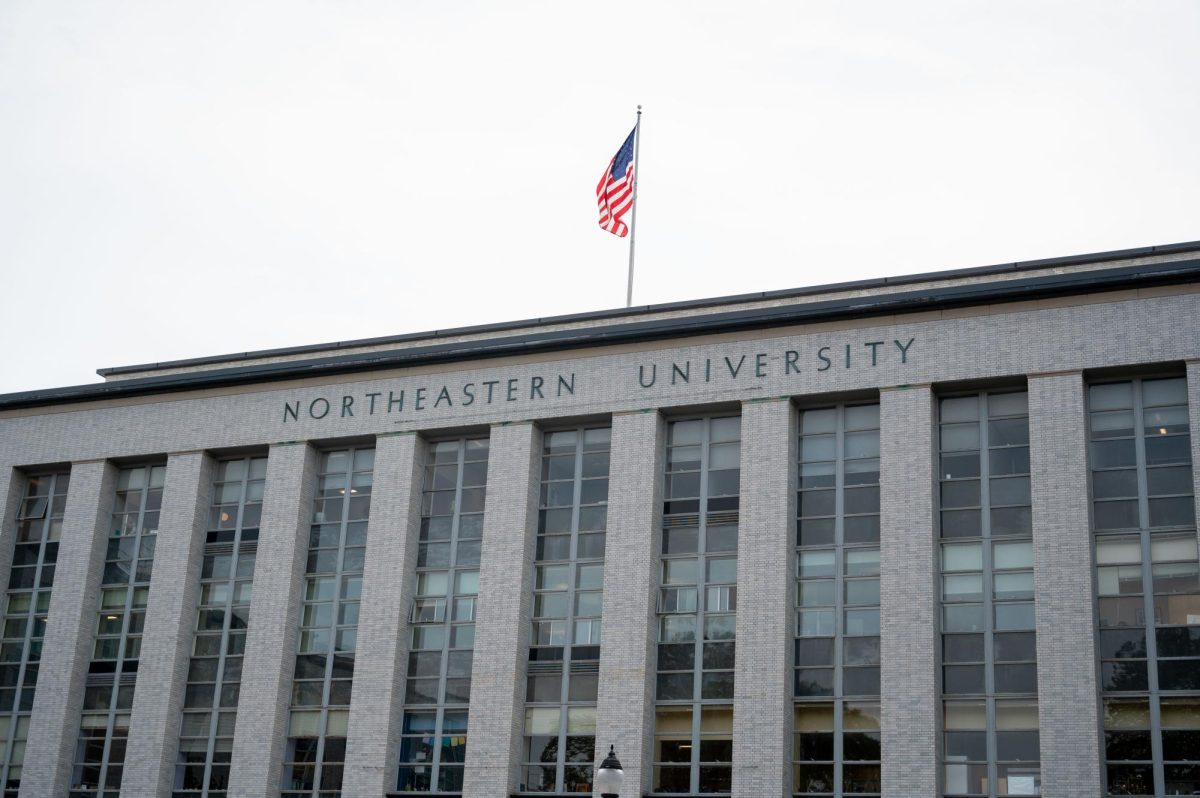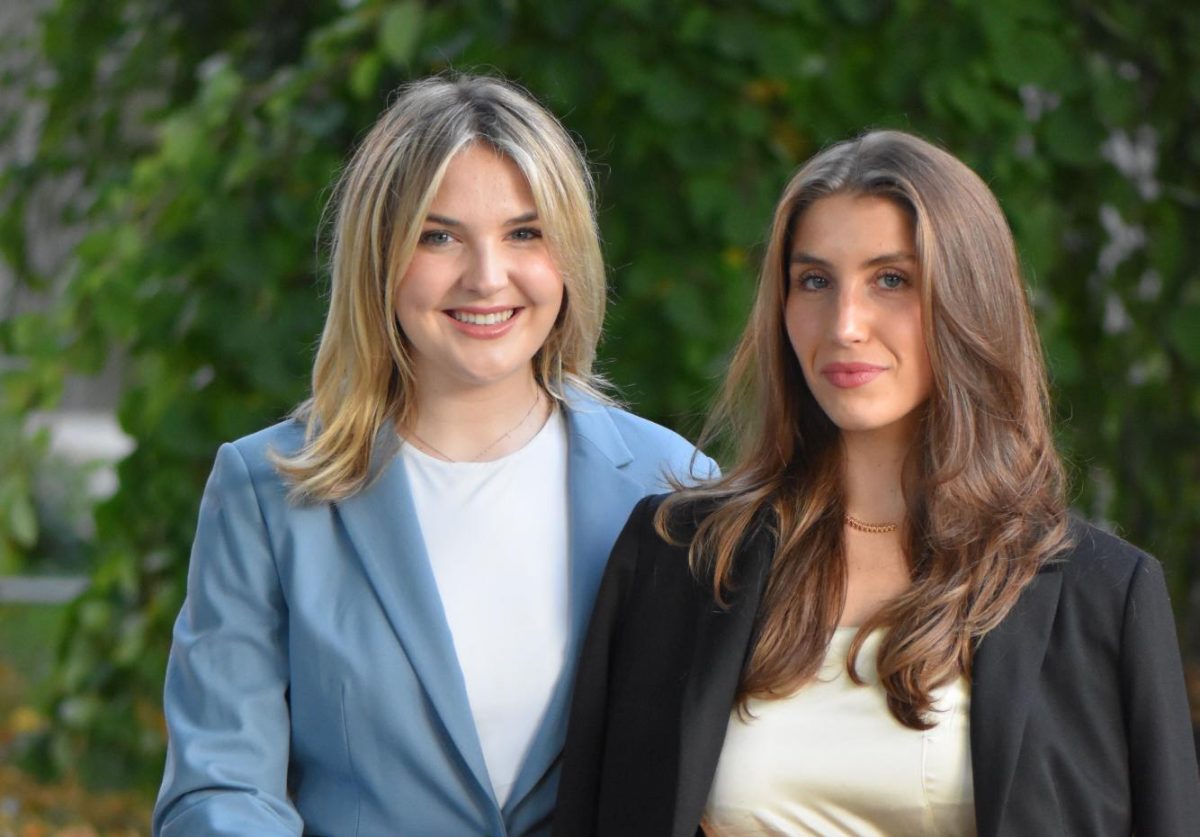By Chris Estrada
The Northeastern University Researchers of Neuroscience (NEURONS), a group of undergraduate behavioral neuroscience majors, had several secret weapons to raise awareness and funding for their major last Tuesday night: chicken parmigiana, Dunkin’ Donuts coffee and a bullet-pointed 46-page report.
The dinner, held in the Curry Student Center, gave NEURONS the opportunity to gather behavioral neuroscience majors together with faculty and administration from across campus to request more funding be dedicated to reorganizing the program.
“We’re asking for a program that isn’t in two departments in the college … an independent major with funding of its own,” said Mariko Howe, a junior and co-president of NEURONS. “There is no real integration, and [the students] have to take classes in psychology and biology … they stay in their major and try to figure out neuroscience themselves.”
NEURONS presented their report to James Stellar, dean of the College of Arts and Sciences, and faculty connected to behavioral neuroscience. The report focused on how other schools’ behavioral neuroscience programs have more courses, better advising and greater resources despite having fewer students than Northeastern’s program, which currently enrolls more than 150 students.
“We studied [University of California at] Berkeley, the University of Colorado-Denver, UMass-Amherst, [Boston University], [Massachusetts Institute of Technology] and [New York University], and we looked at their programs for neuroscience – what kind of classes do they have? What’s their advising like? What are their sciences? Where is the research going for their schools?” said Andrea Quintero, a middler NEURONS member. “We really looked at what they have, what we have and how we can make ourselves better by looking at all of these wonderful examples that we have out there and how we can be better than them eventually.”
The report highlights that the group of students have several complaints about the program.
On advising, the report states, “Current students have had trouble with selecting appropriate courses after receiving ineffectual advice and with time constraints concerning registration.”
The report also criticized the structure of the behavioral neuroscience program.
“Sometimes, depending on a student’s interests, the courses they should take to fulfill each requirement are unclear if the student tries to cater the program to their own needs,” the report states.
In order to address these problems, the report calls for a separate neuroscience-based statistics section, an added lab course to neurobiology as a prerequisite for upper-level courses and the addition of more advanced and diverse courses in neurosciences, including pharmacology and molecular neurobiology.
“We know the faculty is aware of it, but we’re increasing awareness of the students’ opinions and their wishes,” said Dan Knudsen, a senior and co-president of NEURONS. “We’d really like certain things from them: more courses, more faculty … this is just one step along the way. We’re definitely going to keep pushing for this over the next few years.”
The report gained the support of Don O’Malley, associate professor of biology and NEURONS’ faculty advisor.
“I’m very supportive of the general goals,” O’Malley said. “I haven’t had a lot of chances to think about all the details in the report – it is 46 pages – but the bulletin points they addressed in that nice presentation they gave, I fully support. I would like to see more neuroscience classes, and I would like to see wider participation across the entire campus in the education of neuroscience majors.”
Dean Stellar said the report was on “exactly the right track,” but more work is needed on the analysis of other universities’ programs. He said a letter addressed to President Richard Freeland and Provost Ahmed Abdelal signed by behavioral neuroscience students could be a future option for the group.
“You have a lot of issues here,” Stellar said. “I think they are more of the generic issues about what you want in an administration … I would suggest that you are not ready to write the letter yet unless you think that’s wrong and you want to shut me down. That’s your prerogative.”
Stellar said he thought the group should have one more meeting to refine their ideas before presenting the report to higher administration.
“I think the survey is a fantastic beginning, but this can also be a great moment for all of you if you use it right,” Stellar said.









